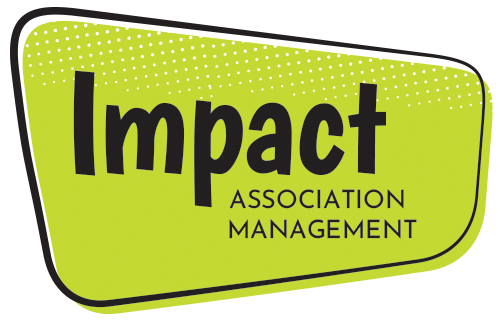By Shawn Elmore, Client Services Manager, Impact Association Management
In the wake of the Black Lives Matter movement, many organizations are reviewing their diversity, equity, and inclusion (DEI) efforts. Over the next few months, I will be discussing best practices for defining, navigating, and implementing a successful DEI process. I will discuss the various meanings of DEI, why DEI efforts are important as a statement about your organization, and how DEI efforts impact your future growth.
But before we even begin to discuss why DEI is so important, let us start with what it actually means.
Unfortunately, there is no easy definition. These 3 words are hard to pin down due to differing individual views and definitions. What one person considers to be diversity; another may consider to be inclusion. While there is no one, right answer to any of these definitions, we do know that diversity is often defined as a demographic description. Equity is … well, we’ll talk about that in a minute. Inclusion is most often focused on a cultural description such as sexuality or socio-economic status.
Now, let’s go back to equity.
While the terms diversity and inclusion are easier to narrow down, the term equity can vary from person to person and industry to industry. For example, health equity can mean we expect the same health outcomes for different populations whereas association equity can mean the membership equally reflects the varying talents, education, age, and look of the field represented. That’s why the first step to a successful DEI program relies on having a robust discussion about what DEI means to your leadership, staff, members, field, and any larger communities you may represent.
These latter groups are especially important as they often make up the largest constituency. However, rather than involving this larger group of stakeholders, a 2021 survey conducted by the Association Laboratory found that over 70% of respondents say their DEI efforts are initiated and executed by their board or staff. Organizational leaders can be so focused on how their structures work that they forget to take into consideration those they represent.
So, before you begin your DEI efforts we encourage you to sit down, solicit opinions, have open and honest discussions, and work with experts who have a good understanding of your communities. Remember, the only way to solve a problem is to first have a common view of what that problem is.
In my next post, I will discuss why DEI is so important for any organization and how to begin incorporating them into your organization.

